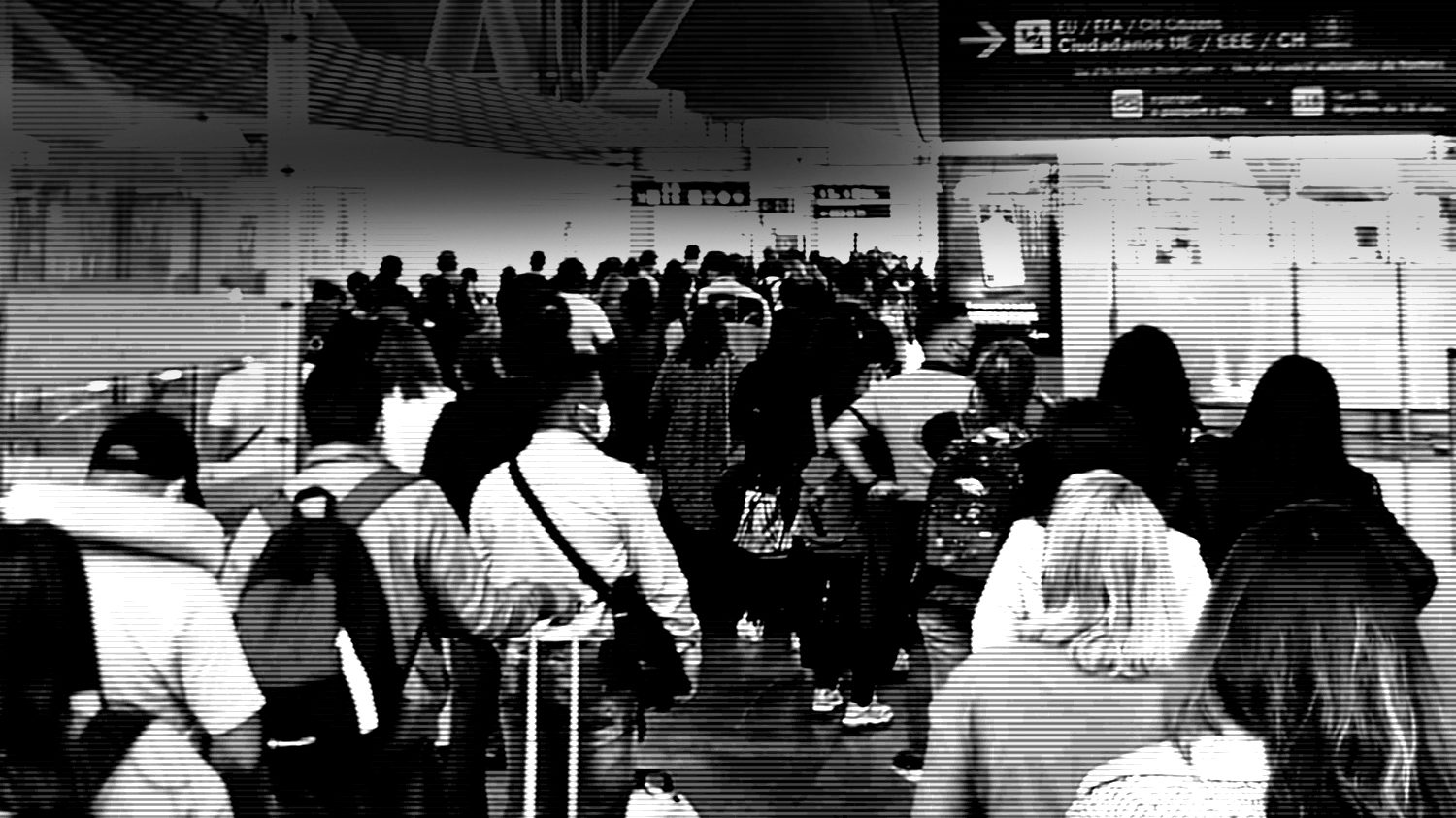Shortly after the referendum but before the British government managed to drag the UK out of the EU under about the worst deal possible, my wife and I were on holiday in the Algarve.
The little fishing village of Fuseta has lovely beaches and charming fish restaurants where the local early-morning catch is barbecued for lunch. My wife and I went to the Casa Corvo most days, and one lunchtime got chatting to a charming Dutch couple at an adjoining table.
After ten minutes or so of small talk, I ventured to ask the couple what they thought about Brexit. “We think that’s your problem, not ours,” was the short, pithy and unfortunately accurate reply.
It just about sums the whole thing up, and the fast-approaching summer holidays are going to be an eye-opener for those who think that somehow the EU is the one with the problem. This will be the first time for many people who have staycationed because of Covid, to get back to the Continent for their holidays, and it is going to be a bit of a shock.
For a start, the pound has lost 10% of its value against the euro since the Brexit referendum, so holidays are 10% more expensive than they used to be. But we should count our blessings – many top economists are amazed the pound hasn’t collapsed further.
Then this is the year that many people are going to discover for the first time that the UK government totally failed to do anything to make travel as easy for UK citizens after Brexit as it was before.
Those shiny new British passports don’t get you into most of the EU – and EEA-only queues at the airport – you get to queue in the long, hot, undermanned queues for visitors from outside the European Union, known behind the scenes as the leper lane.
The UK has agreed with Portugal to waive this rule, but it didn’t bother to do the same during the negotiations for the Trade and Cooperation Agreement (or the oven-ready Brexit deal as it is more commonly known), so you will just have to wait a bit longer at the airport in many countries.
But do try to get your summer holiday in by the end of August. In September travellers to the EU from non-EU countries – and yes that does include the UK – will have to have the biometrics on their passports tested. That already happens at airports, but they will start being checked at Dover and other ferry ports in September.
Currently, nice, friendly French customs agents lean in through your car window and check your passports, but soon thousands of car passengers will have to get out, pass through passport control, have their biometrics tested and then get back in and continue with their journeys. The Port of Dover is predicting long queues. It was not built to process passports this way, so soon those heading to France and beyond for their holidays will face queues just like all those lorry drivers do at Dover.
What fun!
Then, if you are visiting France you will have to prove that you have a place to stay, enough money to cover the trip, a passport that is valid for three months after your planned return and show that you have health insurance. If you are staying with friends, they will have to go to the town hall to get a document stamped to prove that you have somewhere to stay and send it to you before your trip in case you are asked for it at the border. A friend of mine with a house in France says he has to do this every time his children decide to visit for the weekend, boring and laborious to put it mildly.
Unlike before Brexit, the new rules also limit how long you can stay in the
Schengen area. The rule is 90 days in every 180, but that includes the time
you spend travelling, so best to get out early. Oh, and remember to have your
passport stamped so you can prove how long you have been in the area.
Admittedly, this is not a big problem for summer holidaymakers but a real pain for those with a second home in the EU. Holiday homeowners now need health insurance too, pricing many expats out of their villas and back to the UK.
For those wanting to roam around Europe, travelling to France for two
months and then hoping that you can do the same in Spain or Italy won’t
work. All time in the Schengen area is counted no matter which country you
are in. You can try it but you will find that the French and Spanish customs
officers do speak to each other, so you will get caught.
Meanwhile, inside the Schengen area, travellers between any of the member states don’t even have to show their passports – there are no border controls at all.
The good news goes on and on. British driving licences are now only valid for limited periods, varying from country to country. You will have to check what the rules are for each country and often that will mean getting a local driving licence.
For those who like to take their pets on holiday, there are also new rules to
follow. Cats, dogs and ferrets (no, I don’t know anyone who takes their ferret on holiday either) will have to be microchipped, and have a rabies certificate, the old pet passport is no longer valid. Sorry, the UK government forgot to ask for that as well.
You will also need an animal health certificate for each and every trip, so visit your vet at least 12 full days before the journey and pay them to fill out the paperwork. The certificates are valid for 40 days, but you need a new one for each trip. This is good news for vets’ bank balances, not so good for pet owners.
As a little extra Brexit bonus, the above rules apply to Northern Ireland as well. So, if you want to take your moggy to the mountains of Mourne, your dog to Derry or your ferret to Fermanagh, it is just as costly and expensive as going to the EU.
If you are hoping to do a little work in the EU while on your holidays, forget it. These are rules for holidaymakers only. Many countries now demand visas for work trips, let alone full-time jobs, and carnets for any equipment that you may have on you. That means itemising and costing every computer, laptop and phone and getting it checked on the way out of the country and back in again.
Doubtless you will be able to take your laptop on holiday, and it is very unlikely that you will be caught having a sneak Zoom call with the office from the poolside. But you will still be breaking the law. If caught, try telling
them you are the prime minister – that seems to work in the UK.
All of this isn’t the end of the world. A little planning and checking of the
fiddly details will see you through, but you didn’t have to do any of this before Brexit and if the government had been anything like half-competent you wouldn’t have to do it now.
There is one final point that I should mention about airport queues. I have often said that they will be a good indicator of whether Brexit is working or not.
That’s because at some point in the future British travellers standing in a European airport queue will look at EU passengers in the other airport queue and ask themselves: “Why are they better-dressed than I am, why do they have flash jewellery and expensive luggage, why are they travelling business class when I can only afford economy?”
Or the EU citizens will look at the British and wonder why UK citizens are better off than they are. But I now realise this test just won’t work.
Because we know already that we Brits are significantly poorer as a result of Brexit and anyway EU citizens don’t have to stand in queues at European airports. Unlike us, they sail straight through.




